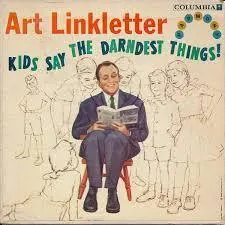"Kurfurstendamm"
Lesser Uri, 1910.
Lesser Uri (November 7, 1862 — October 18, 1931) was a German painter of Jewish origin, graphic artist. A recognized painter of Berlin streets, who painted a lot and with pleasure.
Posted via @cloutfeed
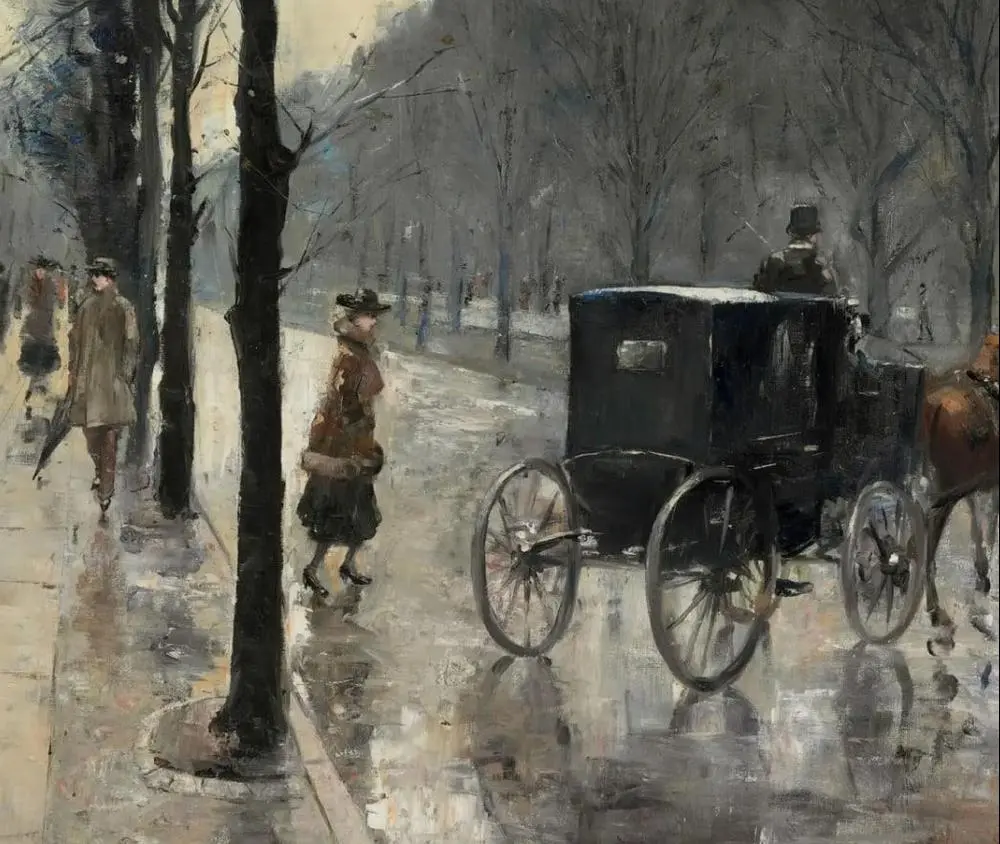
The famous dress designed by Gianfranco Ferre for the 1992 Dior collection.
A classical Ionic column was used for inspiration.
Currently on display at the Museum of Decorative Arts in Paris.
Posted via @cloutfeed
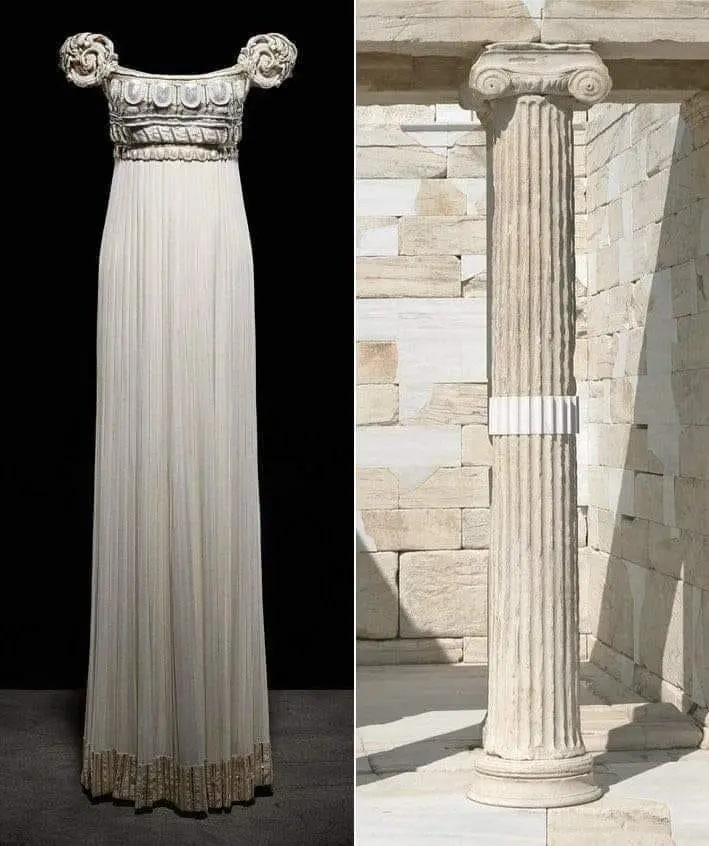
Elie Ducommen (February 19, 1833 — December 7, 1906) was a Swiss journalist, peace activist, winner of the Nobel Peace Prize in 1902 (together with Charles Albert Oboe).
Optimist and Peace Activist
Élie Ducommun was the honorary Secretary-General of the International Peace Bureau in Berne from its establishment in 1890 and until his death. The Bureau served as the link between peace organizations in different countries. In his spare time, Ducommun prepared programs for international peace congresses, published resolutions, and corresponded with promoters of peace. In addition he published numerous writings, among which his practical program for friends of peace was prominent. In it, Ducommun maintained that people could be educated to choose peaceful solutions. International arbitration was the means whereby war could be prevented. It was chiefly his work at the Peace Bureau that earned Élie Ducommun the Nobel Peace Prize, but his life's work was many-sided. In early years he was a teacher, and then a prominent liberal democrat politician. From 1873 on he was the skilful director of the Jura-Simplon railway line, and believed that modern communications provided positive links between peoples, and could thus lead to peace.
Posted via @cloutfeed
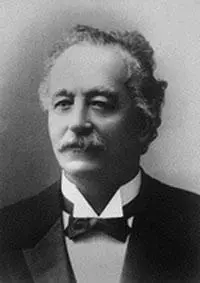
Albert Gobat (1843-1914) was a Swiss lawyer, Doctor of Law (1867), professor at the University of Bern (1882-1912). One of the organizers of the pacifist movement and the founder of the International Inter-Parliamentary Union in 1889. He headed (since 1906) the International Peace Bureau. Nobel Peace Prize laureate (1902, together with E. Ducommen).
Inter-Parliamentarian and Organizer
Albert Gobat was awarded the Nobel Peace Prize primarily for his efforts to unite popularly elected representatives from different countries at meetings and congresses. His work as a national politician led him to work internationally for peace. Gobat has participated in the Inter-Parliamentary Union since its foundation in 1889. When the Inter-Parliamentary Bureau was established in Bern three years later, Gobat was elected its general secretary. Without receiving a salary, he planned conferences that the Union held every year, drew up agendas and made proposals for resolutions. He tried to create inter-parliamentary groups in countries where there were none, edited a periodical and distributed literature on peace and arbitration.
Gobat assumed the post of Secretary General of the International Peace Bureau after the death of Elie Ducommun in 1906. This meant that he simultaneously headed the offices of both the inter-parliamentary and the People's movement for peace. Gobat lived to see the International Peace Bureau awarded the Nobel Peace Prize for 1910.
Posted via @cloutfeed
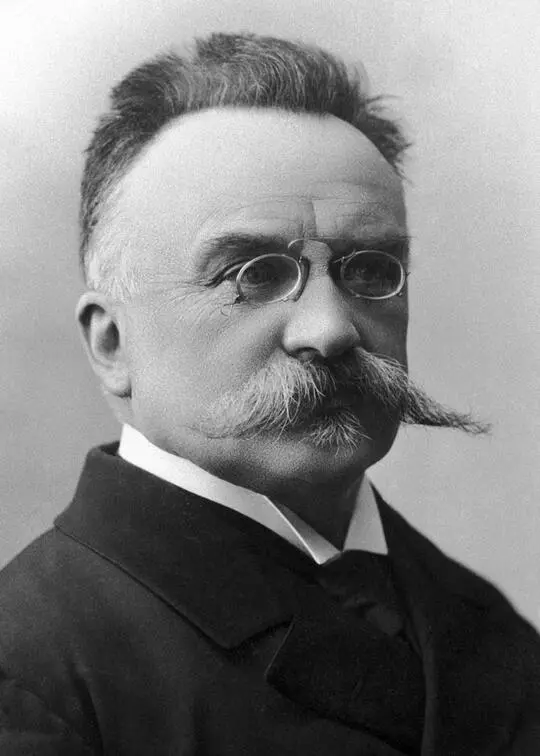
Frederic Passy (20 May 1822 — 12 June 1912) was a French politician, peacemaker and economist. Founder and first leader of the "International League of Peace" (1868). An active participant in the creation of the International Inter-Parliamentary Union (1889). Member (1877) and President (1890) of the Academy of Moral and Political Sciences.
For many years of peacemaking efforts, Passy was awarded the Nobel Peace Prize in 1901, an honor he shared with Henri Dunant. The presentation of the laureates did not take place, and the Nobel lectures were not presented.
A recognized leader of the European peace movement, Passi continued to work after the award. He appealed to Queen Victoria not to start a war with the Boers in South Africa, urged Russia and Japan to resolve the territorial dispute by arbitration, which was done in 1906 with the help of Theodore Roosevelt. Until the end of his life, Passy was sure that "the future does not belong to war, alienation and hatred. It belongs to the world, to work–and to arbitration." Passy died at his home on June 12, 1912 and is buried at the Pere Lachaise Cemetery in Paris.
Posted via @cloutfeed
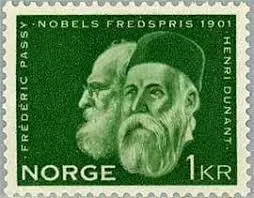
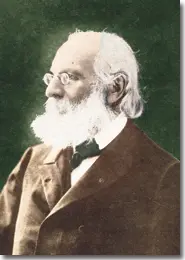
Jean Henri Dunant (May 8, 1828 — October 30, 1910) was a Swiss businessman and public figure. Nephew of physicist Jean-Daniel Colladon. The actual initiator of the creation of the international humanitarian organization of the International Committee of the Red Cross. In 1901, together with Frederick Passy, he became the first Nobel Peace Prize laureate.
In 1859, he witnessed the consequences of the Battle of Solferino — when nine thousand people, sick and wounded, were left to die on the battlefield. Shocked by what he saw, Dunant writes a book "Memories of the Battle of Solferino" and tries to create a Society to help the wounded. Thanks to his efforts, the International Committee of the Red Cross was founded and in 1864 the first Geneva Convention for the Amelioration of the Condition of the Wounded in Land Warfare was adopted. In 1901, together with Frenchman Frederic Passy, he became the first recipient of the Nobel Peace Prize.
Posted via @cloutfeed
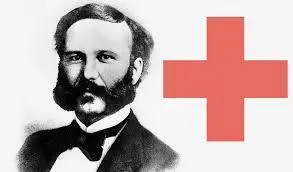
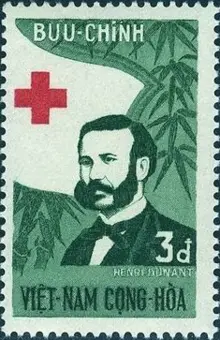
The Nobel Prize is one of the most prestigious international prizes awarded for outstanding scientific research, revolutionary inventions or major contributions to culture or the development of society.
The Nobel Prizes were established in accordance with the will of Alfred Nobel, the Swedish inventor of dynamite and chemist.
The Nobel's will provided for the allocation of funds for awards to representatives of only five directions:
Literature (awarded since 1901, in Sweden).
Physics (awarded since 1901, in Sweden).
Chemistry (awarded since 1901, in Sweden).
Physiology or Medicine (awarded since 1901, in Sweden).
Promotion of world peace (awarded since 1901, in Norway).
In addition, apart from the Nobel bequest, since 1969, on the initiative of the Bank of Sweden, the prize in his name in economics has also been awarded. It is awarded under the same conditions as other Nobel prizes. In the future, the Board of the Nobel Foundation decided not to increase the number of nominations any more.
Posted via @cloutfeed
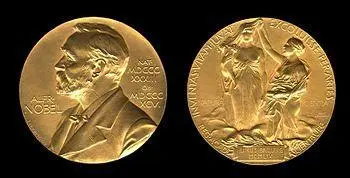
The Nobel Prize is one of the most prestigious international prizes awarded annually for outstanding scientific research, revolutionary inventions or a major contribution to culture or the development of society.
Posted via @cloutfeed
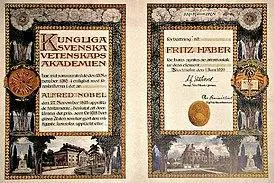
If anything is worth trying at all, it’s worth trying at least 10 times. Art Linkletter
Arthur Gordon Linkletter was an American radio and television presenter of Canadian descent. He was the host of "House Party," which aired on CBS radio and television for 25 years, and "People Are Funny," which aired on NBC radio and television for 19 years.
Posted via @cloutfeed
